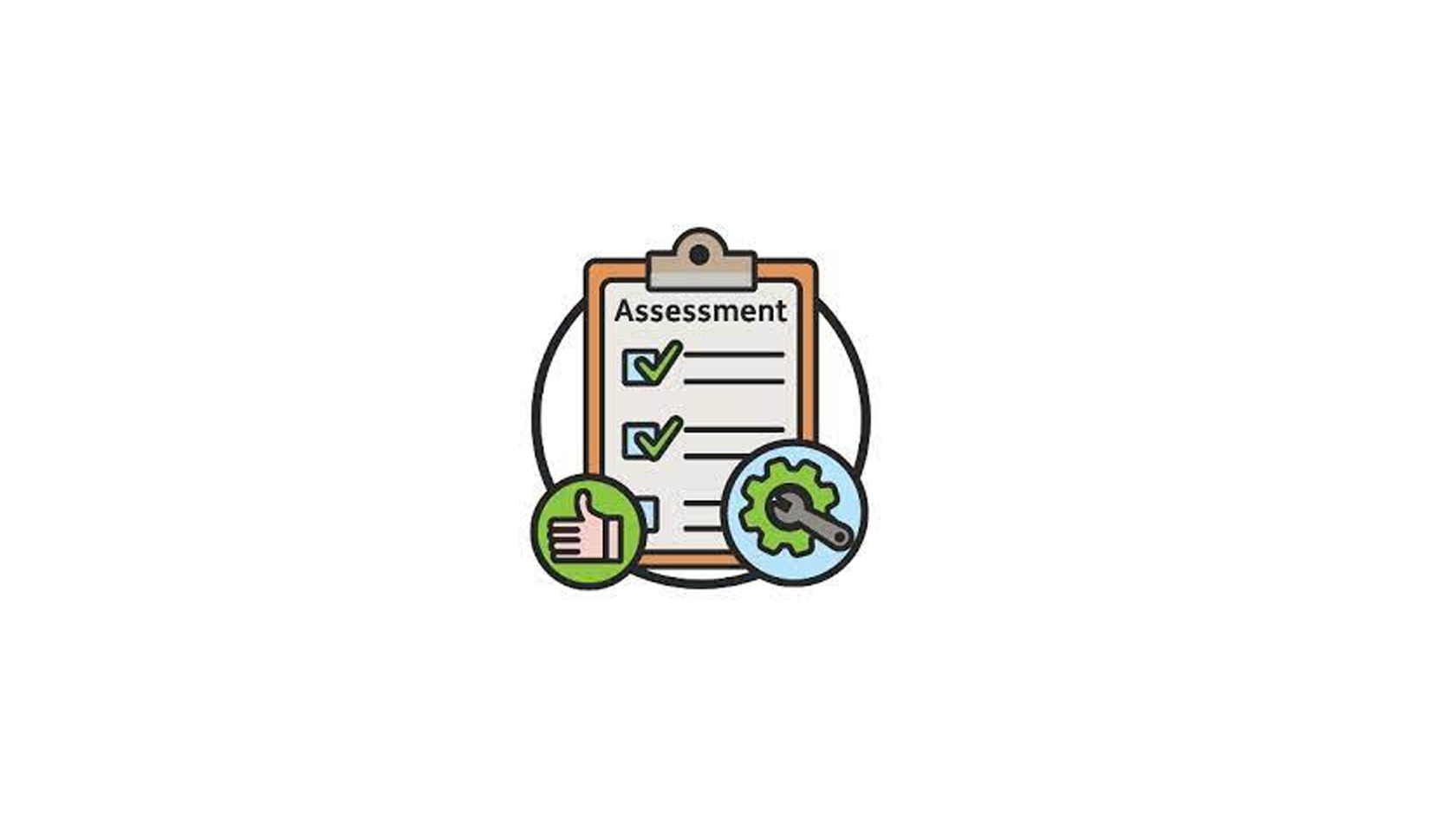Impairment Property Valuation

Our Services
Impairment Property Valuation Services
- Understanding Impairment Valuation
- Crucial for financial reporting and business decisions
IND AS 40
- Ensures accurate value of investment properties and company assets
Accounting Standards Involved
- Ind AS 40 Requires periodic property valuations
- Ind AS 36: Focuses on impairment testing for assets, including goodwill
Why It Matters
- Tracks financial health of business assets
- Detects value declines early for timely action (e.g., write-downs, disposals)
- Ensures accurate and compliant financial statements in line with accounting standards
- Helps in strategic asset management decisions
1. Assessment Phase:
- Collect financial statements, past performance data, and market insights
- Analyse industry trends, legal factors, and operational conditions
- Identify indicators of impairment (e.g., market decline, legal changes)
- Estimate recoverable amount using:
– Fair value minus costs to sell
– Value in use (via cash flow projections or market comparisons) - Align with accounting standards for transparency and compliance
Supports informed business decisions through clear valuation
2. Valuation and Reporting Phase:
This phase confirms if the asset’s value is impaired and documents the results:
- Compare recoverable amount with the asset’s carrying value
- Recognise impairment loss if carrying value is higher
- Use professional methods:
– Discounted Cash Flow (DCF)
– Market Multiples
– Other accepted valuation techniques - Record impairment loss in financial statements
- Prepare a detailed report including:
– Valuation methods and assumptions
– Final fair value conclusions - Consider factors like:
– Deferred tax asset recoverability
– Reversal of previous impairments
Ensures accurate, transparent financial reporting
These two phases, assessment and valuation/reporting, form a comprehensive process for Impairment valuation services. They ensure that impaired assets or businesses are accurately evaluated, allowing stakeholders to make informed decisions based on the fair value of their assets.

Impairment of Assets
An impaired asset is an asset that has a market value less than the value listed on its owner’s balance sheet. According to U.S. accounting rules, the value of an asset is impaired when the sum of estimated future cash flows from that asset is less than its book value.

Impairment of Company Assets
An asset is carried at more than its recoverable amount if its carrying amount exceeds the amount to be recovered through the use or sale of the asset. If this is the case, the asset is described as impaired and the Standard requires the entity to recognize an impairment loss.

Impairment Assessment
An impairment cost must be included under expenses when the book value of an asset exceeds the recoverable amount. Impairment of assets is the diminishing in quality, strength amount, or value of an asset.

Impairment valuation
An impairment loss is an amount by which the carrying amount of an asset or a cash-generating unit exceeds its recoverable amount. The recoverable amount of an asset or a cash-generating unit is the higher of its fair value less costs of disposal and its value in use.

Ind AS 36
The objective of this Standard is to prescribe the procedures that an entity applies to ensure that its assets are carried at no more than their recoverable amount. An asset is carried at more than its recoverable amount if its carrying amount exceeds the amount to be recovered through the use or sale of the asset

Ind AS 40
Permits treatment of property interest held in an operating lease as investment property, if the definition of investment property is otherwise met and fair value model is applied. In such cases, the operating lease would be accounted as if it were a finance lease.

Investment Property Valuation
Investment value is the amount of money an investor would pay for a property. It refers to an asset’s specific value based on certain parameters. It is an individual’s measurement of the asset’s property value.
Our Advantages
How we Works

SHARE YOUR
REQUIREMENT

COMPETENCE &
LICENSING
You may confirm with the valuer about the credentials, experience, capacity, ability, and adequacy to carry out the valuation as per your requirements for the specific purpose.

ENGAGE THE
VALUER
After mutual satisfaction with work requirements and credibility, you may authorize the valuer to do the necessary activity as per the requirement of the assignment. Here valuer may seek from you copies of certain documents.

GET THE
REPORT
You may get the report agreed on the format as per the requirement of specific law from the valuer either in soft copy or a hard copy with due signature & stamp after clearing the dues of professional fees.
What People Say About Company

MAHESH PATEL
Thank you for the most professional property valuation service. Their valuation reports always helped – I will certainly recommend to my friends and family.

ASHWIN SOLANKI

SONAL KHANNA



